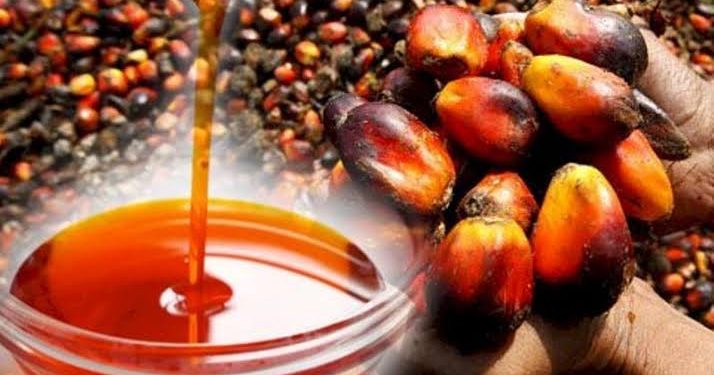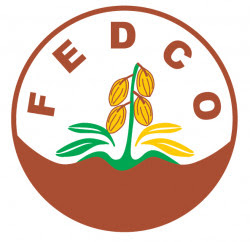Indonesia, the world’s leading palm oil producer, has raised its export tax on crude palm oil from 7.5 percent to 10 percent, as part of a broader policy to fund domestic biofuel initiatives and replant aging plantations. The new tax, effective from May 17, also applies to other palm-based products and is aimed at supporting smallholder farmers, biodiesel production, and reforestation.
This policy shift comes as palm oil prices remain elevated globally due to tight supply, especially from Malaysia, the second-largest producer. Palm oil has lost its standing as the cheapest vegetable oil in international markets, contributing to food inflation in many regions.
Indonesia, which supplies about 60 percent of global palm oil demand, is increasingly using the commodity for domestic energy needs. The government recently increased the palm oil blend in biodiesel from 35 percent to 40 percent, with plans to raise it to 50 percent by 2026. A separate initiative to introduce a 3 percent palm oil blend into jet fuel is under review for implementation next year. By the end of April 2025, the country had used 4.44 million kiloliters of biodiesel and plans to distribute 15.6 million kiloliters by year-end.
Meanwhile, in a bid to revive flagging yields caused by aging oil palms, Indonesia is turning to African weevils to improve pollination and productivity. About one million weevils collected from Tanzania will undergo testing in North Sumatra before being released into select plantations. Experts believe this biological intervention could help reverse production stagnation without expanding into forested areas — a controversial practice linked to deforestation, biodiversity loss, and increased carbon emissions.
While Indonesian President Prabowo Subianto recently claimed that oil palm trees should not be blamed for deforestation, environmentalists and researchers argue otherwise. They insist that improving productivity on existing plantations, rather than expanding into new territories, is the sustainable path forward.
Back in Nigeria, the world’s fifth-largest producer, policymakers and industry leaders are pushing to reduce dependency on imports, which currently account for nearly half of the country’s two million metric tons of annual palm oil consumption. In Edo State, Nigeria’s palm oil stronghold, leading firms like Presco and Okomu Oil posted record after-tax profits in 2024 despite a challenging economy, reaffirming the sector’s growth potential.
The Oil Palm Growers Association of Nigeria (OPGAN) has unveiled a five-year development strategy (2024–2029) aimed at replanting 1.5 million hectares of oil palm. The ambitious plan targets elevating Nigeria’s global production rank from fifth to third, through a mix of increased investment, technological innovation, sustainability practices, and a more inclusive growth model. The strategy is the first of its kind to be developed by an industry-led body specifically tailored to the subsector’s needs.
As Indonesia adjusts its global supply priorities, Nigeria is seizing the moment to strengthen domestic production and reposition itself in the global palm oil market. The country’s approach could help bolster food security, create jobs, and restore an industry that once placed Nigeria among the top global producers.










